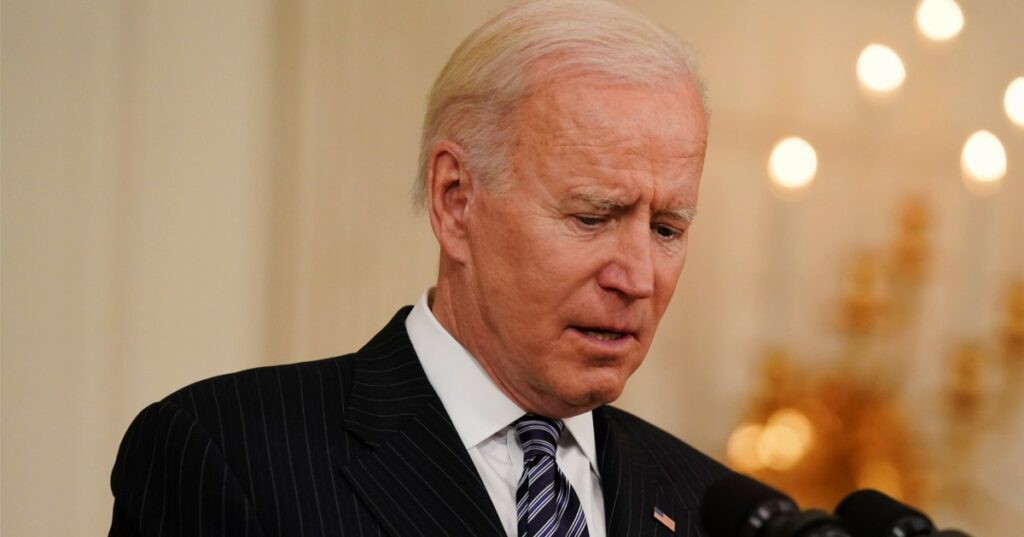This piece looks at a public clash over President Biden’s fitness to lead, focusing on a Late Show exchange where former White House press secretary Karine Jean-Pierre defended him and host Stephen Colbert pushed back after a concerning debate performance. It lays out the arguments, the exact quotes exchanged, and how that split reflects broader doubts within the Democratic Party.
A growing number of Democrats have concluded that President Joe Biden all but doomed their party’s chances when he insisted on running again, and that unease has become a live political issue. Some younger Democrats openly distance themselves from the old guard while others, like former officials, refuse to concede the point.
One of those former officials pushed back hard in a recent television appearance, defending Biden against critics who cite his debate night as evidence of decline. The exchange took place on a mainstream late-night show and quickly became a flashpoint for both sides of the argument.
According to Breitbart, former White House press secretary Karine Jean-Pierre came to the former president’s defense during a Monday appearance on CBS’ “The Late Show.” “No one is saying that he didn’t age,” Jean-Pierre told host Stephen Colbert. “I’m talking about did he have… the mental acuity, was he able to govern?”
“And the man that I saw nearly every day was someone who was engaging, understood policy, and was always putting the American people first,” she asserted. That is a straightforward claim: she saw the president regularly and believes he remained competent and committed. For many voters, though, what matters most is performance under pressure in public moments.
Colbert was quick to reference the debate that many on the left and right describe as the turning point in public perception, a moment that left viewers stunned. “It was very personal for those of us who watched [the debate] too, because it was a shock to our system to see that,” Colbert declared. He framed his own reaction around prior familiarity and fundraising ties to the campaign.
“Because — I mean, you’re talking to a guy who helped raise $25 million for Joe Biden in March of that same year. And three months later, I saw a guy who I had not seen backstage at the benefit that I did,” he continued. Colbert described a clear discontinuity in what he saw in private versus what the public witnessed onstage. “It seemed like a dramatically different person. And at 81 years old, that’s not entirely unexpected. You can imagine why people got so worried,” the late-night comedian pointed out.
That worry is the core political risk for Democrats heading into a high-stakes election. “I don’t think anybody questioned his heart or his policies. But it takes more than that to be the President of the United States,” Colbert added. In plain terms, sympathy for a lifetime of service does not erase questions about capability in the role’s day-to-day demands.
Jean-Pierre pushed back on the tone and intensity of the criticism, calling the backlash an unfair assault on a long career. “And in a moment of great pressure on stage, we saw someone shock us and worry us, and nothing could assuage that worry. So I don’t think it was necessarily a betrayal of Joe Biden as other people saying, ‘We don’t think we were shown the Joe Biden that you saw,'” the host contended.
She went further, decrying what she labeled a “really ugly assault on someone who had 50-plus years of experience and who, again, objectively had done a good job as President of the United States.” That defense seeks to reframe public concern as politically motivated attacks rather than genuine questions about leadership continuity. But for many voters, optics and performance are decisive, and the exchange left those divisions laid bare.



